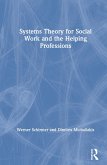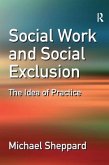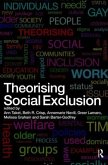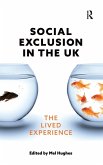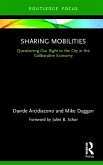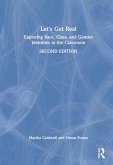Tackling social exclusion should be a central aim of social policy. In this fully revised and updated new edition of his groundbreaking study, Sport and Social Exclusion, Mike Collins has assembled a vast array of evidence from a range of global sources to demonstrate how the effects of social exclusion are as evident in sport as they are in any area of society. The book uses sport as an important case study for critical reflection on existing social policy and explores sport's role as a source of new initiatives for tackling exclusion.
"This second edition of Sport and Social Exclusion (first published in 2002) provides a substantially updated, more topical survey of the major inclusivity/exclusivity issues that sport participants, administrators, coaches, and scholars face. Collins (Loughborough Univ., UK) neatly balances key concepts with examples and case studies to illustrate how now, perhaps more than ever before, sport practitioners should be mindful of organized sport's capacity to create both positive outcomes (emotional well-being, physical health, social inclusion) and negative outcomes (social divisions, exclusion, exploitation, violence, racism, sexism, ableism). This outcome-orientated book is a must read for those interested in counterbalancing sport studies' prevailing positivism with an approach that more critically interrogates sport as an important, yet certainly imperfect, cultural formation. Summing Up: Highly recommended" -J. Newman, Florida State University, CHOICE Reviews, May 2015



